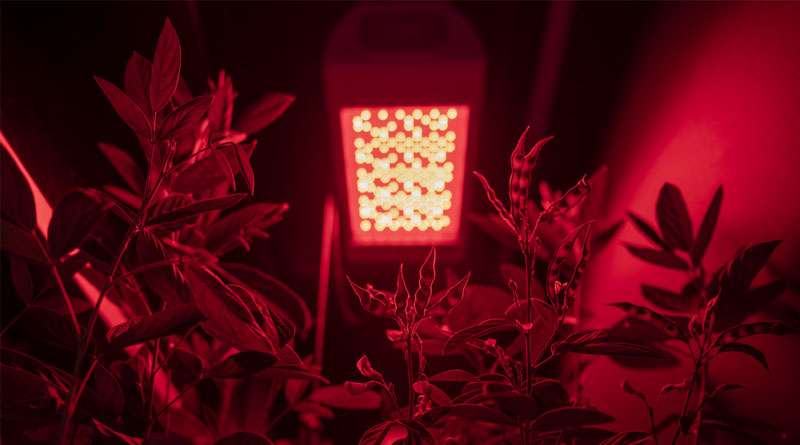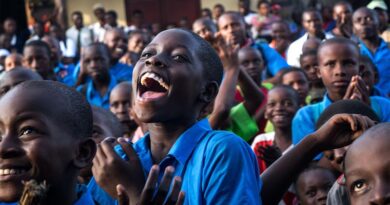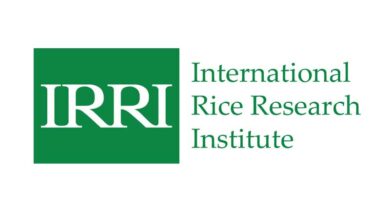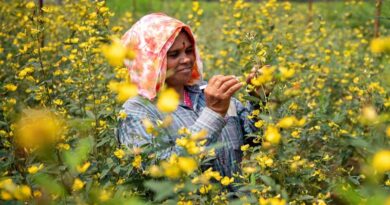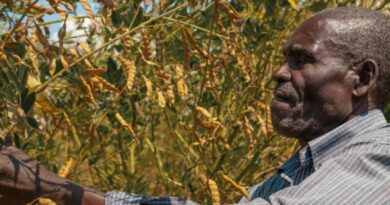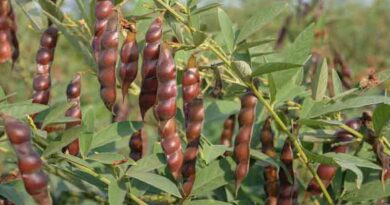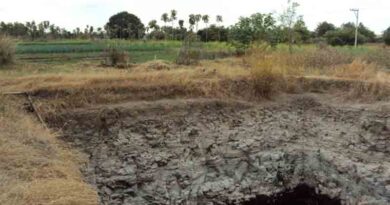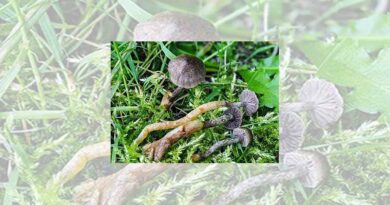ICRISAT Breakthrough: World’s First Pigeonpea Speed Breeding Protocol to Bolster Food Security in Drylands of Asia and Africa
22 February 2024, Asia: The International Crops Research Institute for the Semi-Arid Tropics (ICRISAT) has pioneered the world’s first pigeonpea speed breeding protocol, further bolstering food security in Asia and Africa.
The new convention promises to substantially cut the time required to develop new pigeonpea lines with desirable traits, effectively bringing food to dryland communities faster.
Traditionally, pigeonpea breeding can take up to thirteen years. But with the new protocol’s emphasis on material breeding and control over factors like photoperiod, temperature, and humidity, the breeding cycle can now be shortened to just two to four years, as opposed to the conventional period of seven years.
Pigeonpea, a staple in tropical and subtropical diets, is crucial for food security and soil health globally and is lauded for its nutritional value and versatility.
Dr Jacqueline Hughes, Director General of ICRISAT, underscored the consequence of the innovation.
“This pigeonpea speed breeding protocol represents a significant advancement for major pigeonpea-producing regions, paving the way for self-reliance in pulse production and meeting the dietary necessities of nations such as India, Myanmar, Kenya, Tanzania, Myanmar, and Mozambique.
“I commend our researchers and partners for developing this protocol, which promises to enhance food and nutrition security in the drylands. This achievement is particularly timely, coinciding with World Pulses Day celebrations, highlighting the global significance of pulses” said Dr Hughes.
Historically, pigeonpea’s long growth cycle and sensitivity to day length have hindered breeding efforts, with only about 250 varieties released globally over six decades.
This new speed breeding protocol addresses these challenges head-on, enabling researchers to develop climate-resilient, nutritionally superior, and higher-yielding pigeonpea varieties at an unprecedented pace.
Dr Arvind Padhee, IAS, Principal Secretary, Department of Agriculture and Farmers’ Empowerment, Government of Odisha, acknowledged the protocol’s potential to rapidly develop climate-resilient pigeonpea varieties, highlighting the vital support from the Government of Odisha.
Following the success of a similar methodology for chickpea, Dr Sean Mayes, Director of ICRISAT’s Global Research Program – Accelerated Crop Improvement, said that the new protocol underscored the Institute’s commitment to food and nutrition security in the drylands.
“Building on our achievements with chickpeas, we’re proud to extend our speed breeding protocols to pigeonpea, marking a significant milestone towards securing a nutrition-rich future” said Dr Mayes.
Lead Researcher on the Project, Dr. Prakash Gangashetty said that ICRISAT has successfully addressed a longstanding challenge in pigeonpea cultivation.
“This standardized speed breeding protocol caters to different maturity groups, facilitating rapid development of climate-resilient varieties and hybrids.
“This refined protocol not only accelerates the breeding cycle but also enhances precision through innovative techniques such as seed or pod chip-based genotyping and marker-assisted selection” said Dr Gangashetty.
India’s increasing demand for pigeonpea, projected to necessitate the import of 1.2 million tonnes by March 2024, underscores the timeliness of this open-access protocol.
It offers a blueprint for rapid, efficient pigeonpea variety development, contributing significantly to the goal of achieving self-sufficiency in pulse production.
The new protocol, accomplished through the establishment of ICRISAT’s Rapid Generation Advancement Facility, owes its success to the generous support from donors via CGIAR initiatives, underscoring the spirit of collaboration in agricultural innovation.
Significant backing for the project to develop the new protocol was received from the Rastriya Krishi Vikas Yojana (RKVY), Government of Odisha, the Indian Council of Agricultural Research, and the Government of India.
Also Read: Banana exports from India to touch US$ 1 Billion: APEDA
(For Latest Agriculture News & Updates, follow Krishak Jagat on Google News)

